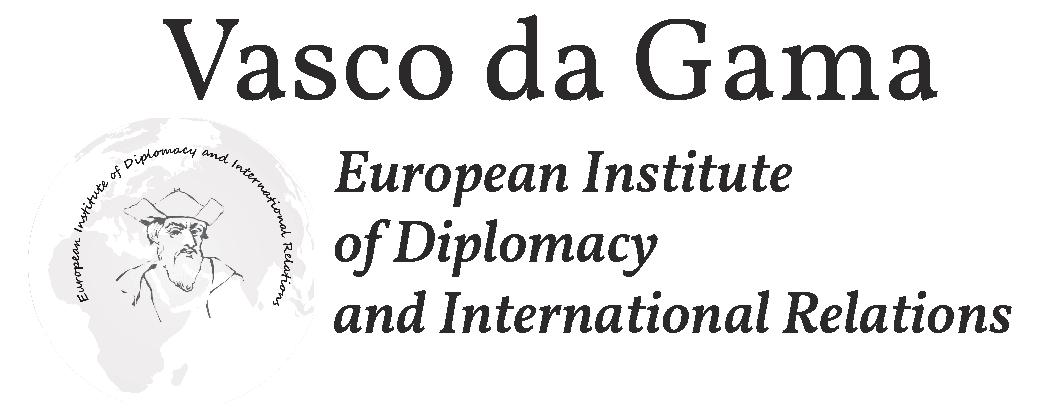Operation of International Organizations
 One of the most striking aspects of contemporary international relations is the growing role played by international organizations in the cooperation established between countries to address common problems. The number of countries in the world involved has kept growing, but their prominence and their ability to act vary on the international stage.
One of the most striking aspects of contemporary international relations is the growing role played by international organizations in the cooperation established between countries to address common problems. The number of countries in the world involved has kept growing, but their prominence and their ability to act vary on the international stage.
In a broad sense, the term can in fact refer to two distinct types of organizations: intergovernmental and non-governmental organizations, the NGOs.
The former consist of countries and are permanent structures for cooperation among their members. Having their own legal personality, they exercise an action separate from that of the countries, using for this purpose the resources allocated to them including budgets and specific competencies. They are subjects of international law in the same way as the countries, bearers of rights and duties internationally like all of these countries.
The latters, NGOs, a great many of them, come with different features. These are primarily groups of individuals or legal entities of different nationalities sharing a common goal: e.g., ecological (Greenpeace), humanitarian (Red Cross, Amnesty International), social (trade unions organisations), and/or sports (International Olympic Committee), … They have no international legal personality and are governed by the laws of the countries where they operate. Nonetheless, they exercise a certain influence on the international stage through direct or indirect public opinion lobbying forces.
The intent of the course is specifically to attempt analyzing how these two types of organisations will influence the decision of the countries.
Mission
1. describe and discuss the most important international organizations and international non-governmental organizations with regard to their structure and functioning, their potential and current shortcomings;
2. describe and discuss related policy dilemmas at different levels of governance on a basic level;
3. be able to apply different theoretical perspectives from political science, international relations and organizational sociology to explain the structure and functioning of international governance and organizations;
4. discuss and evaluate the role of international organizations in dealing with complex global policy issues and wicked problems such as global warming, migration and refugees, conflict resolution and peace keeping as well as human trafficking on a basic level;
5. be able to formulate rough outlines of alternative policy solutions to these global complex policy issues and wicked problems involving international organizations and critically reflect on these policy solutions.
Bibliography
BARKIN, J., International Organization, Theories and Institutions, US, Macmillan, 2006
BRAEM Y., Les Interventions Internationales: concurrence et convergences des modes de cooperation-militaires/humanitaires, Paris, Hérodote, n°116, 2005
CASTILLO Y.A., Las organizaciones internacionales y su clasificación, Republica DomInicana, Gamboa, 2011
COHEN S., Les ONG sont-elles altermondialistes?, Paris, CERI, 2004
DIEZ DE VELASCO M., Las organizaciones internacionales, Madrid, Tecnos, 2010
FOUCHER M., L’obsession des frontiers, Paris, Perrin, 2007
International organization and global governance, Edited by Thomas G. Weiss, Rorden Wilkinson,UK, Routledge, 2014
LEVY J., L’invention du Monde. Une géographie de la mondialisation, Paris, Presses de la Fondation nationale des Sciences Politiques, 2008
MARGUERAT Y., Les ONG internationales à Genève, Genève, Annuaire suisse de développement, 2004
PEROUSE de MONLOS M.A., ONG, Image et transparence, Paris, Questions internationals, 2008
PERRIN G., La neutralité permanente de la Suisse et les organisations internationales, Heule, UGA, 1964
PLEYERS G., Alter-globalization,, London, Polity Press, 2010
4 ECTS
